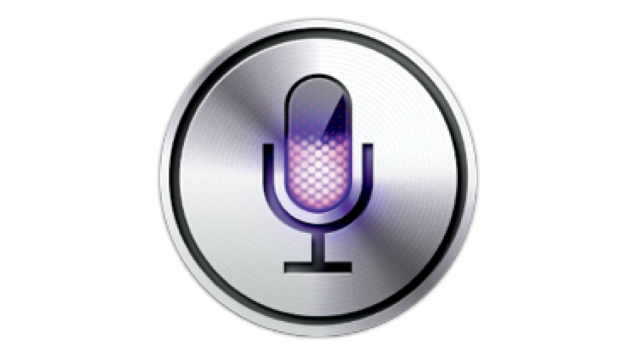Is the Internet Becoming the Bot Net?

On the Internet, we’ve reached a tipping point where more than 50% of all Internet traffic is no longer generated by humans – instead, it’s generated by a motley mix of search engine spiders, bots, scrapers, scammers, hackers and, yes, spies. We are no longer talking about the Internet, we are talking about the Bot Net – a “bot-mediated reality” where algorithms and bots influence where we go, how long we spend there and with whom we communicate. This has enormous consequences not just for our day-to-day Web experience (“Does the Internet feel a little bit slow today?”) but also for the way we manage our social identities online and the way that we respond to the development of an underground Bot Economy.
To a larger degree than we might realize, our social identities online are in the hands of algorithms and bots. This is not part of a sinister plot in Silicon Valley, it is simply a reality that on the Internet, our lives have become so complex that we need some kind of filter to make sense of them. We’ve all exceeded our personal Dunbar’s Numbers and have been forced to accept the benign algorithm. Whenever we use Facebook, algorithms known as Edgerank and Graph Rank have already filtered and ranked the information that we see on our Timeline. Whenever we use Google, the ubiquitous Google PageRank algorithm has ranked, filtered and displayed the results that Google thinks are most appropriate, based on our prior Web behavior. When you consider that social networking and search are the two primary ways that we make sense of the Internet, it’s a sobering thought that bots and algorithms have created a shadowy “algo-world” and given us a false sense of comfort with the Filter Bubble.
What’s alarming is the extent to which bots (for lack of a better word) now control major segments of economic activity. According to The Guardian, algorithms and computerized trading programs already account for 70% of all trading on Wall Street. When we turn on CNBC to check on the stock market, we may look for traders down in the pits, but all the real action is happening inside computerized black boxes. The quants have won. Trillions of dollars of market value are being traded between computers, with many holding positions in time periods measured by nanoseconds. The faster your computer, the more money that you make – humans simply can not keep up.
Money was just the beginning, of course, due to the relative ease of converting sophisticated financial transactions into a streaming series of 1’s and 0’s. The bots and spammers that now comprise 51% of Internet traffic have reached a critical mass to the point where they constitute a type of underground Bot Economy. Consider the world of advertising – it looks nothing like the world popularized by Don Draper’s Mad Men – it’s now about displaying ads with personal data gleaned from your browsing behavior and creating the types of contextual ads that follow you around the Web. Or, consider the world of online publishing — bots are now capable of churning out real content with SEO-optimized titles and convincing us that a human editor created it. By some estimates, 24% of all tweets are generated by bots and 22 of the top 30 Wikipedia “editors” are, indeed, bots.
At the very bottom of this underground Bot Economy are the spammers, who commandeer vast Web armies of bots to make their living, pennies at a time. They are the modern world’s equivalent of the scrap collectors in emerging economies, foraging for a few bucks in the scraps and online exhaust of the world’s digerati. In today’s world, a spambot on Pinterest can make more money in a day – $1000/day – than the vast majority of wage-earning Americans.
As mobile devices become even more ubiquitous, this trend toward the creation of a vast Bot Net will only accelerate. Within the next few years, the lion’s share of all Web traffic may be app-to-app communication. Bots are trading information via mobile devices, and they are talking about us. Sometimes, they run in the background – like the new class of of ambient awareness apps, recording private information about you as you move from location to location. As the Wall Street Journal points out, bots are even tracking us in the workplace, thanks to the wonder of “auto-analytics.” They are now our bosses – they track everything about our work habits and let other bots know when we are not performing at high enough levels.
At Apple, Tim Cook may speak about the Post-PC World, but what they should really be talking about is the Post-User World, when bots, hackers, spammers, scammers and spies run the Internet. The scariest thought is that, in some kind of inverse Turing Test, humans may need to convince bots that they are bots. We used to crack CAPTCHAs to convince computers that we’re human. Soon, bots may be generating CAPTCHAs to convince other bots that they’re bots, not humans. (Oh – and in case you’re wondering, this article was, indeed, written by a human and not a Bot.)
image: Futuristic Young Woman With a Laptop / Shutterstock





